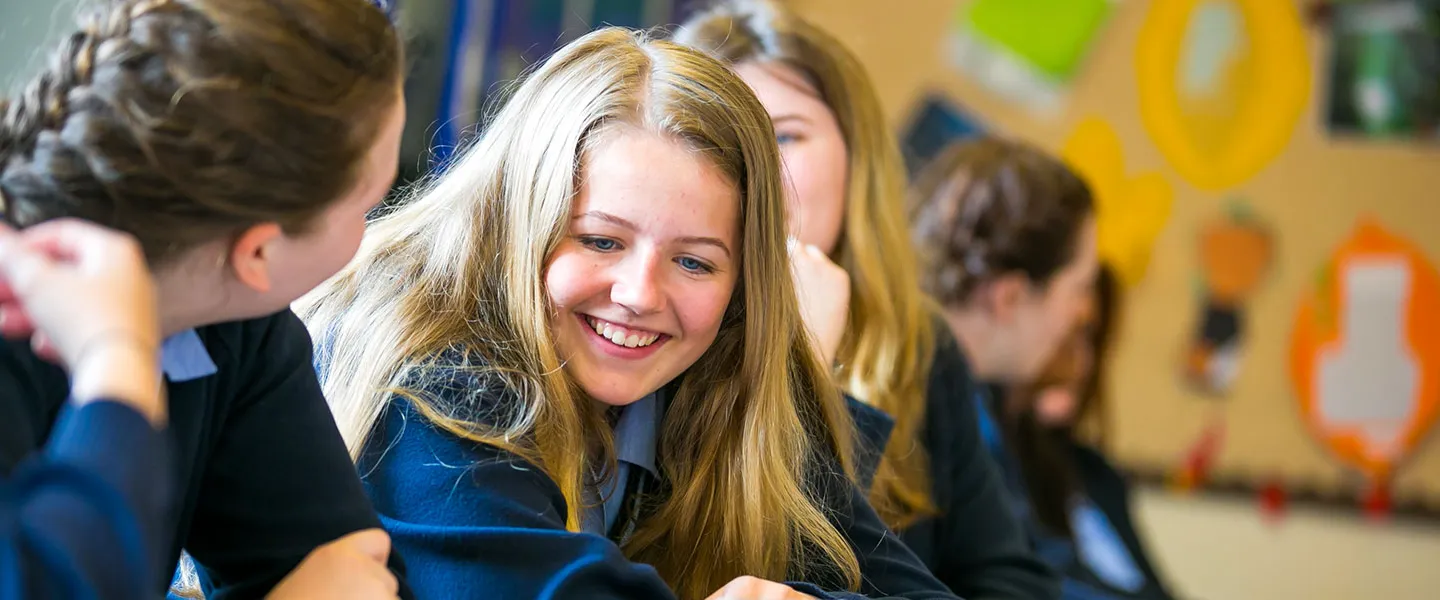From within the bubble of the Queen’s school it can be difficult to measure the development of our pupils against their peers across the nation and beyond, until of course they take their GCSE and GCE examinations, by which time it’s something of a moot point. The computer science department have acknowledged the benefit that external competitions offer our girls and have been providing a wide range of opportunities to develop their skills, and to give them the chance to benchmark their performance against a wider population.
The girls have enjoyed tremendous success in the CyberFirst competition, with a Queen's school team reaching the final on each occasion, three out of three so far! This national competition challenges their understanding of cyber security with a series of robust online challenges, but it also rewards teamwork and determination, as the majority of the challenges require the girls to move beyond their comfort zone and find solutions that may be outside of their 'current' skill set; but not for long!
Alongside this high profile competition, the girls are also entered into the Bebras Computational Thinking Challenge, which allows them to develop their problem solving skills and gives them a chance to see how well they do, compared to the rest of the country. Each year we have had around 30% of the girls finishing in the top 10% of the country and which means they are invited onto the Oxford Computing Challenge, to test themselves against the top performers.
We also encourage interested girls to take part in:
National Cipher Challenge, run by the University of Southampton
Cyber Discovery - a program of online challenges for ages 15 and over
iDEA - a digital scheme with the Duke of York as its patron, similar to the DofE scheme
Grok Learning Platform - a series of extended coding competitions which take up to five weeks to complete. This is an international competition based in Australia.
These competitions help to develop an independence in learning and are a great way for our girls to see how they are performing compared to pupils of a similar age. They foster a 'can do' attitude and by their nature, require the competitors to embrace failure, in the sense that the majority of the tasks are not going to be solved first time around. These are skills that are highly valued in the work place, and they are pretty good life skills as well. Coding is built on simple constructs, but its complexity lies in developing these simple ideas to solve more difficult problems, and there is no better way to test your ability to do this, than in competition - it is what drives us.
Mr D J McKeown
Head of Computing
